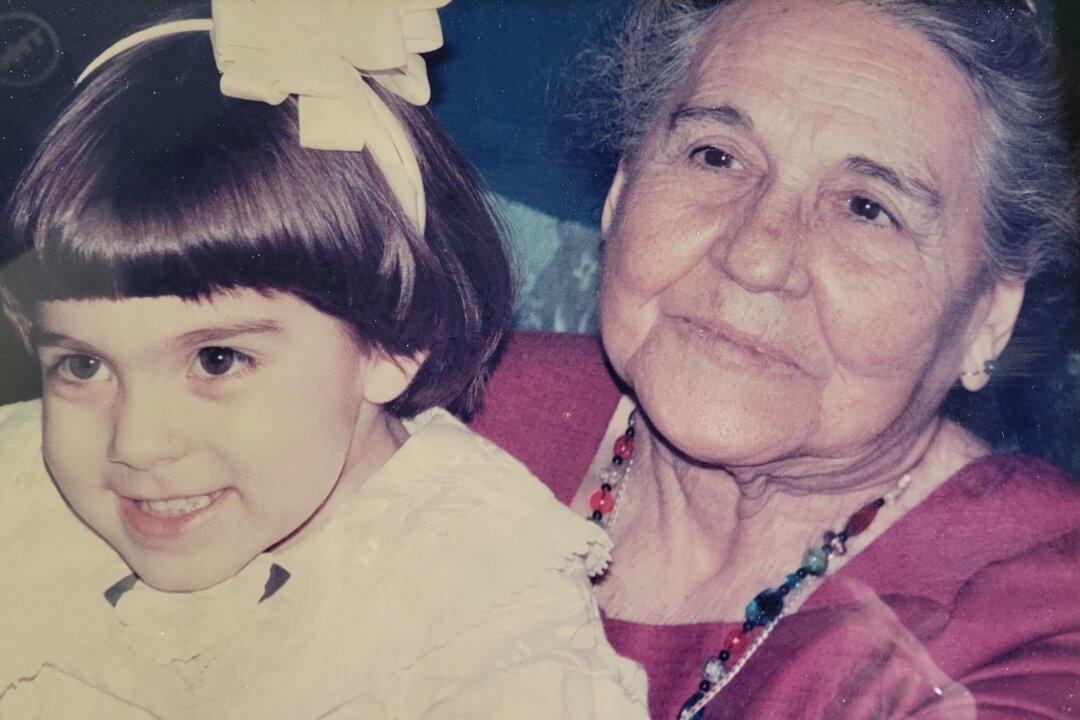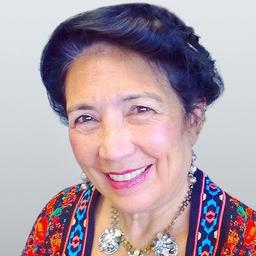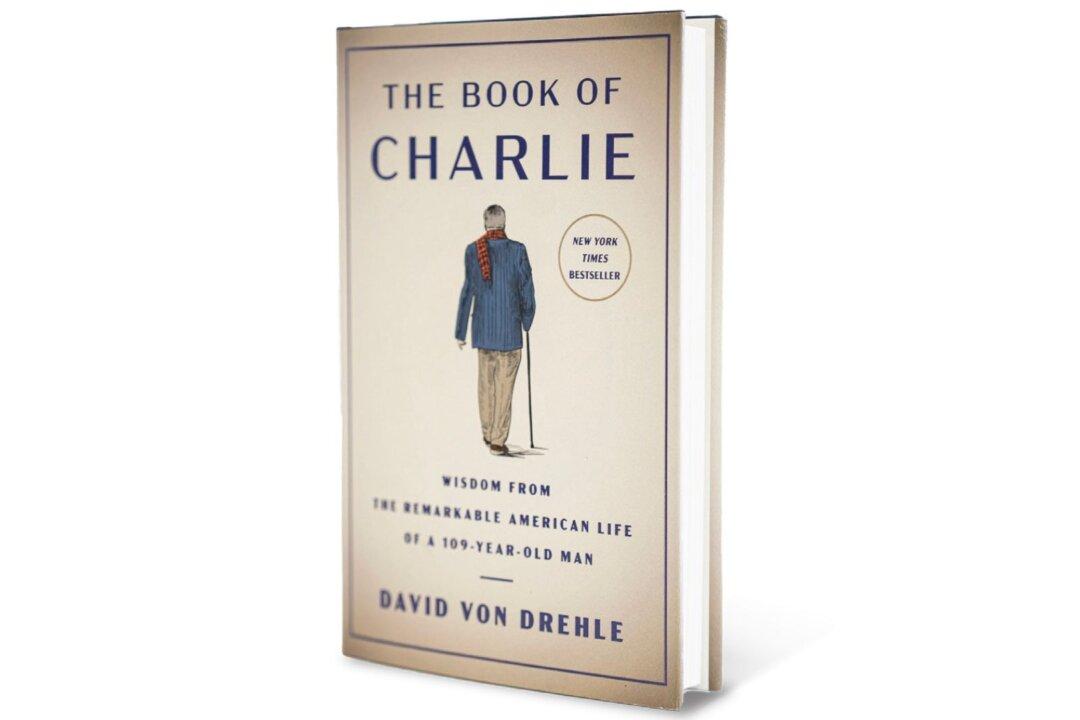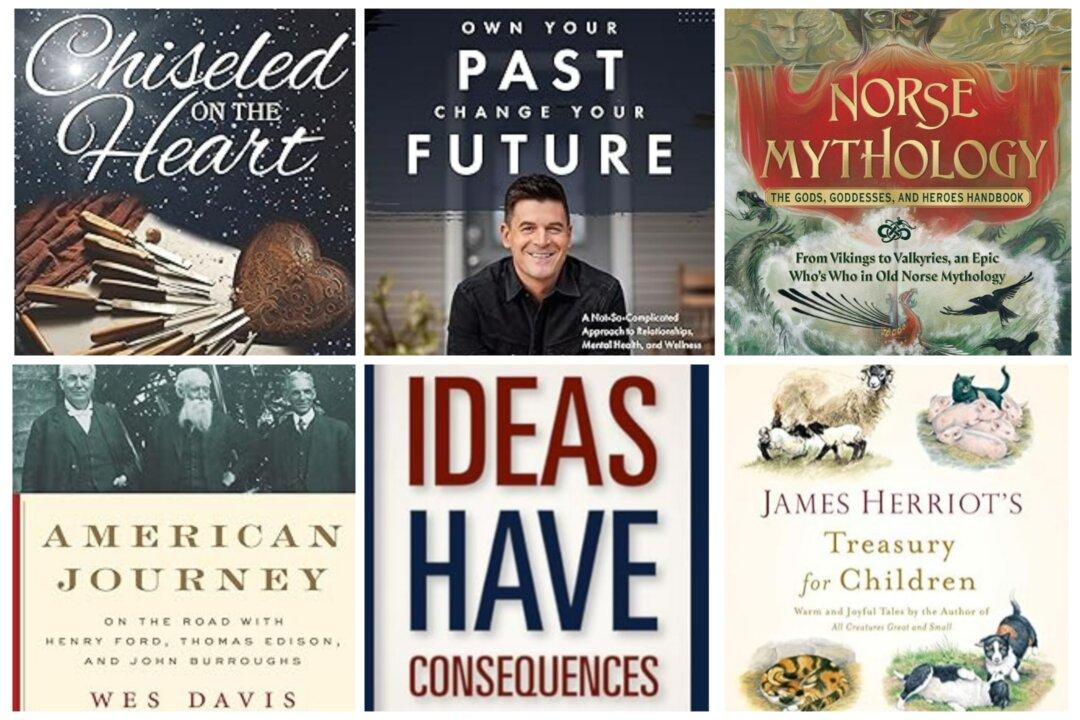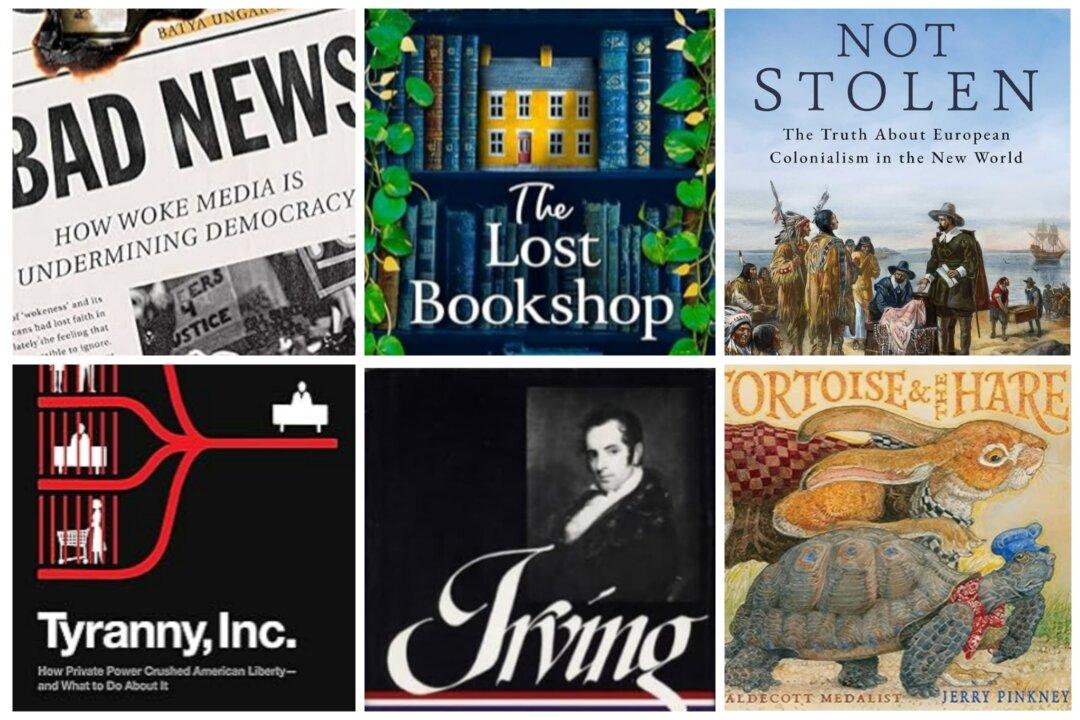That summer day in Portland, the parish priest was in the old neighborhood and visited the house as a matter of courtesy since he knew that my mother was old and ill. According to my sister, his appearance standing at the bedroom door signaled to her that she must be dying and he was there to administer extreme unction and perhaps anoint her with oil. He stayed a brief time and gave her holy communion. Comforted, the next day she died.
My mother’s name was Aurora. Her funeral was held on what would have been her 94th birthday in the month of July some two decades ago. The service was small. I was fine until the notes of “Malaguena” wafted through the air.

